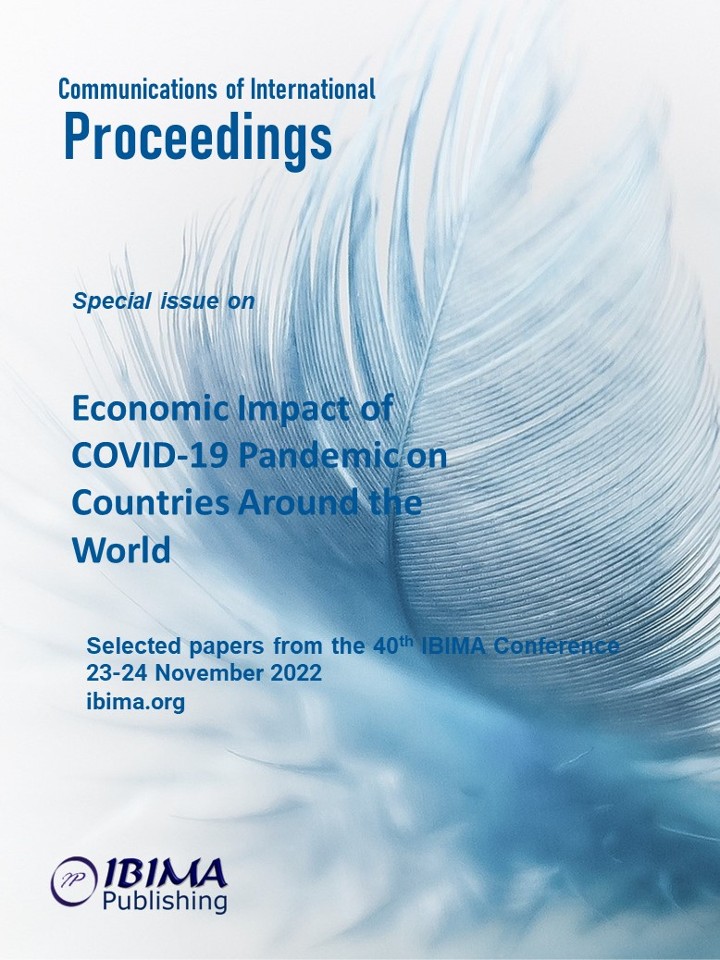
1Alevtina Pavlovna SUVOROVA, 2Olga Mikhailovna REPINA, 3Natalia Yuryevna SUDAKOVA, 4Svetlana Alekseevna RUDENKO, 5Evgeny Alekseyevich IVANOV, 6Olga Viktorovna LITVINOVA, 7Marina Sergeevna ABROSIMOVA, and 8Renata Vasilievna MIKHAILOVA
1,2,3,4 Volga State University of Technology, Yoshkar-Ola, Russia
5,6,7,8 Chuvash State Agrarian University, Cheboksary, Russia

The developing new world economic order initiates deep contradictions in the proportions of the world economic and social system development. The Covid crisis has exacerbated the manifestations of these contradictions and made problems not only for a “new economy” formation, but also put at risk the recovery of the national economies in countries with emerging market and developing countries, as well as countries with a low economic development level. The study of the Russian economy recovery experience during the post-pandemic period confirmed the insufficient efficiency of existing models and instruments of economic development under conditions of strong regional differentiation. The factors of external and internal environment that determine the stability of the regional social and economic system during the post-pandemic period are highlighted. This paper evaluates the stability of a selection totality of regional social and economic systems of the Russian Federation, taking into account their readiness for the Covid crisis, the degree of regional budget execution and pandemic risks level. The following types of regional social and economic systems (RSES) are identified: formalized, transitional, unformalized. The article observes the experience of the Russian RSES, which have shown stability under the conditions of Covid crisis, the factors that have provided an improvement in positions of these regions in the space of the national economy of the Russian Federation are presented.